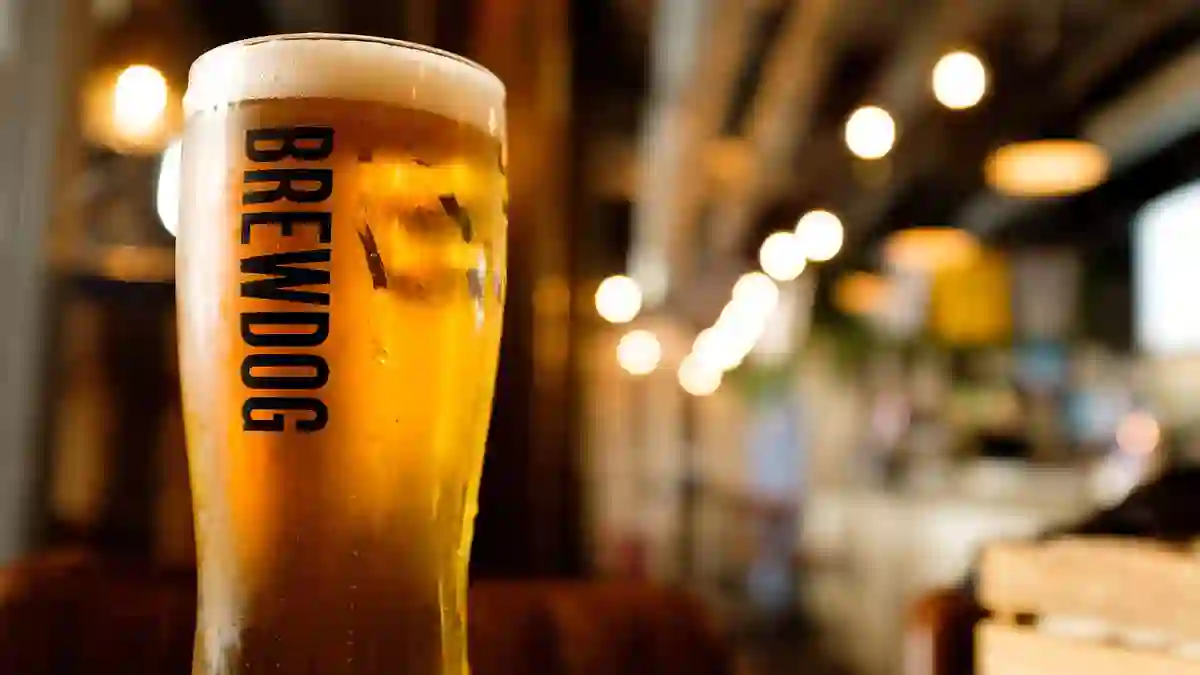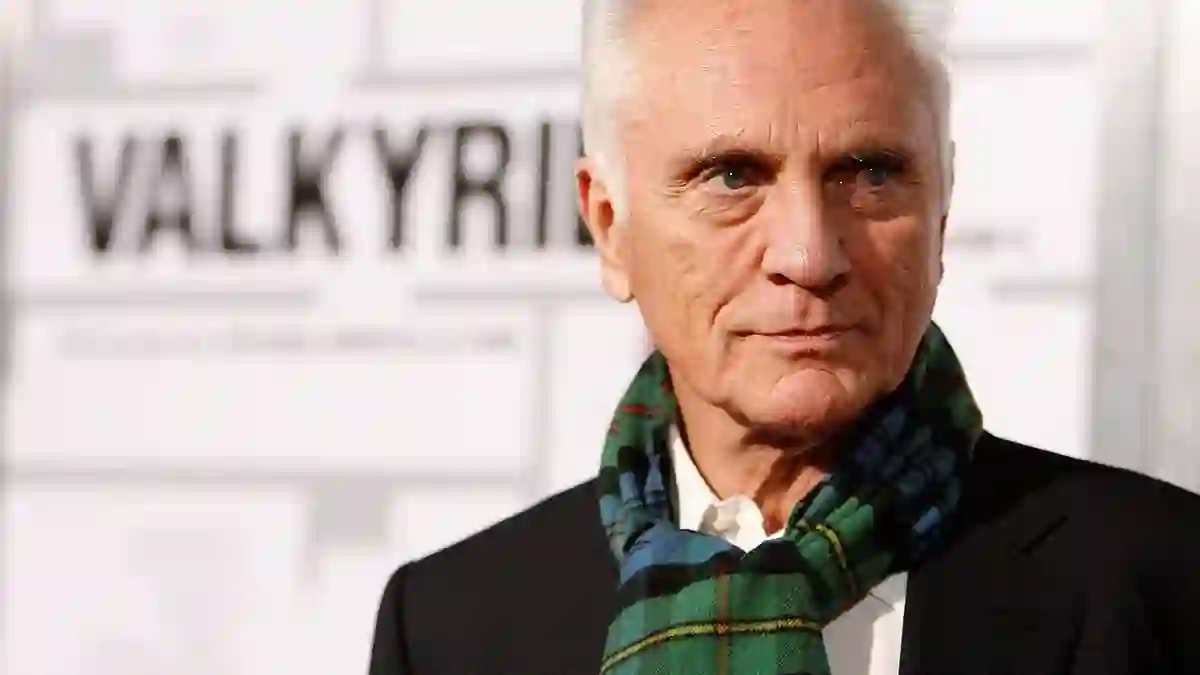BrewDog, once celebrated as the rebellious face of craft beer in Britain, is seeing its beers vanish from almost 2,000 pubs across the country.
Industry insiders report that draught offerings have been completely removed from 1,860 locations over the past two years, slashing the company’s UK distribution by more than a third.
The iconic Punk IPA has been hit hardest, disappearing from 1,980 pubs—a staggering 52 per cent drop.
Many pub chains are opting for competitors like Camden Town and Beavertown, leaving BrewDog scrambling to maintain its presence in key markets.
Financial Woes and Leadership Changes
The decline in BrewDog’s reach comes as CEO James Taylor paints a grim picture for investors.
The company recorded losses of £30.5 million in 2022 and £59 million in 2023, and Taylor has admitted that another loss is expected this year.
BrewDog has now cycled through three CEOs since founder James Watt stepped back in May 2024 amid a storm of misconduct allegations.
The leadership instability has compounded the challenges of reviving the brewery’s fortunes.
Growing Reliance on JD Wetherspoon
Industry insiders suggest BrewDog is increasingly dependent on JD Wetherspoon, whose 794 pubs now account for a large share of the company’s remaining distribution.
BrewDog’s chief operating officer, Lauren Caroll, noted that economic pressures on pubs are squeezing independent brewers across the board.
“Pub groups are narrowing their ranges, and brewery-owned pubs are focusing more on their own brands,” Caroll explained.
“It’s not just us—every independent brewer has been affected.
That’s why we’re concentrating on high-impact channels like festivals, stadiums, and independent pubs.”
Closing Doors and Shifting Focus
This year, BrewDog announced the closure of ten of its own branded bars in the UK, including the flagship site in Aberdeen.
Earlier, six pubs worldwide had also shut down, with two in England, three in Europe, and one elsewhere.
Despite the setbacks, BrewDog continues to weather public scrutiny, rising competition, and changing market dynamics.
Founded in 2007 by James Watt and Martin Dickie, the company initially gained fame with audacious stunts like driving a tank through London and brewing the world’s strongest beer.
Controversies and Reputation Challenges
The brewery’s reputation has taken hits over the years. Watt faced allegations of creating a hostile environment for female staff and other misconduct, though he denied any wrongdoing.
He also invested in Heineken, which conflicted with BrewDog’s anti-establishment image.
The company has also struggled with environmental claims, abandoning its “carbon negative” status after offsetting schemes proved costly and ineffective.
Critics pointed out that half of the 500,000 trees planted to support the initiative had died.
Private Equity Deals and Market Pressures
BrewDog sold a stake to American private equity firm TSG Consumer Partners in 2017, making Watt and Dickie millionaires but inviting criticism from craft beer purists.
Meanwhile, the broader pub trade faces its own pressures, with data showing over 16,000 net closures in the last five years and the sector shrinking 14.2 per cent since March 2020.
The financial strain has been exacerbated by rising National Insurance contributions, business rates, and wages—factors that, according to industry voices like Jeremy Clarkson, have left publicans “taking fire from absolutely everywhere.”
Looking Ahead
BrewDog’s remaining pubs and distribution networks face an uncertain future.
The company is trying to adapt by focusing on festivals, stadiums, and independent venues, but the combination of financial losses, leadership upheaval, and reputational damage means that BrewDog’s next chapter will require both strategy and resilience.



